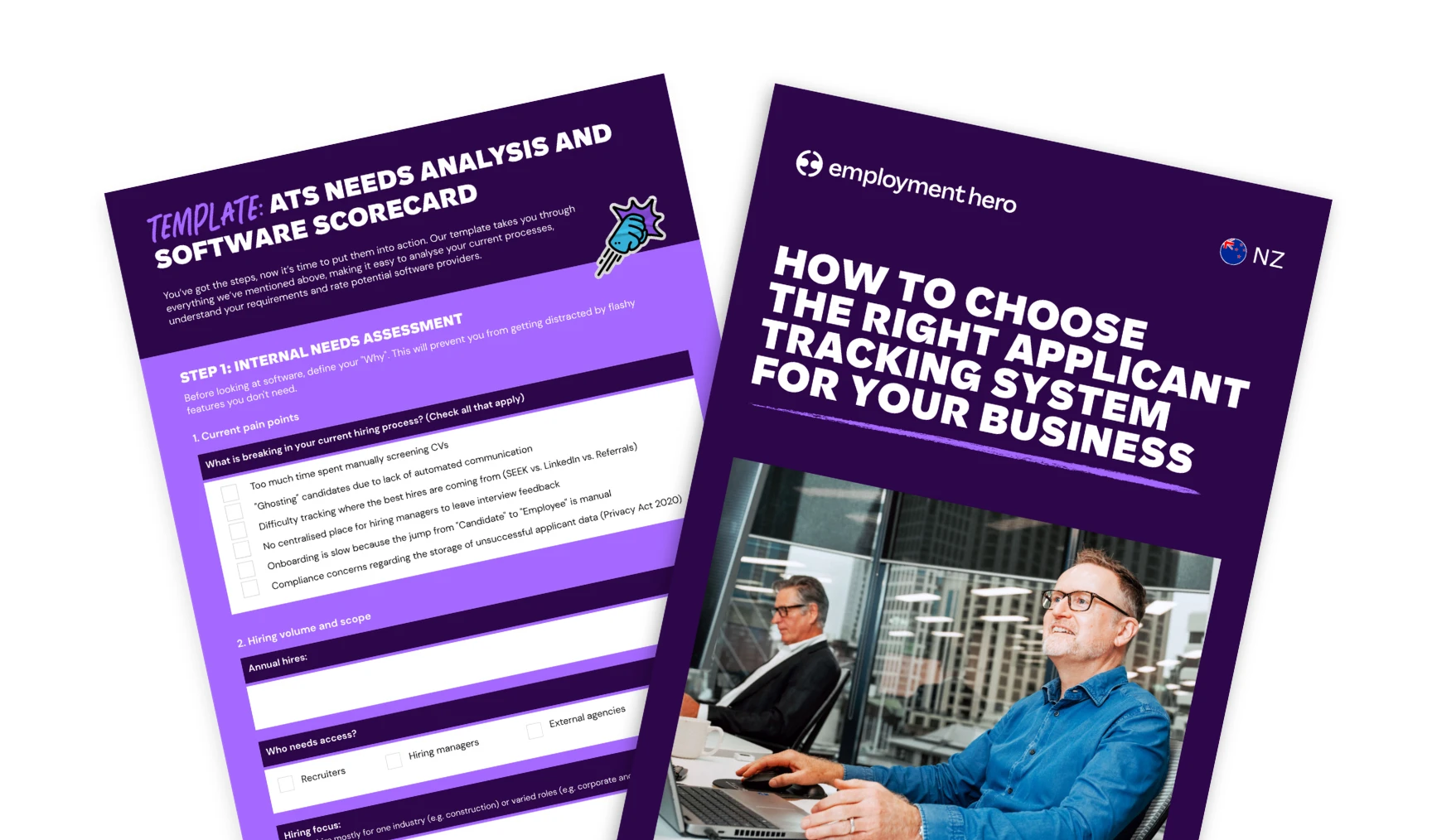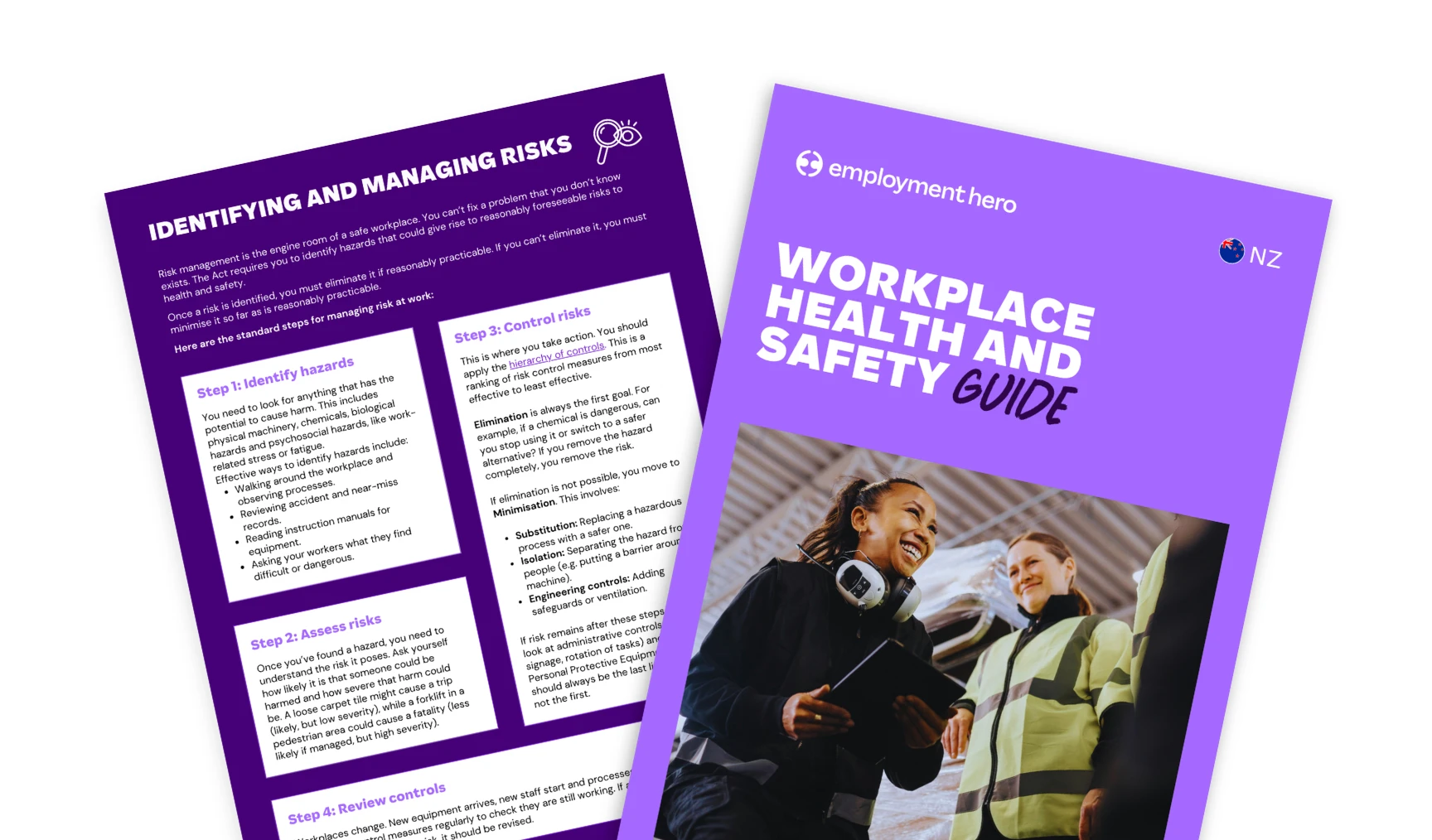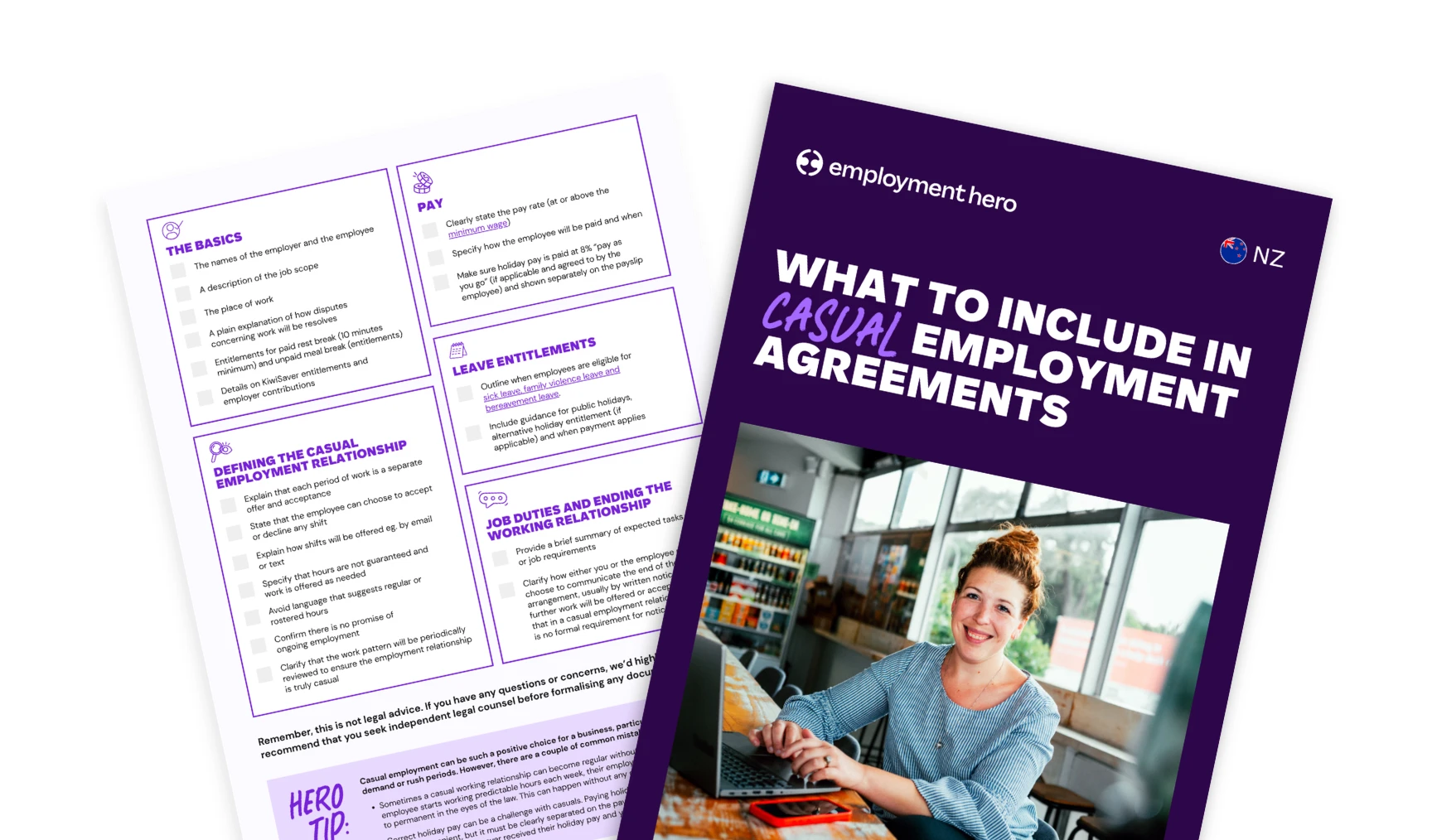Workplace drug and alcohol policy template
Published
Workplace drug and alcohol policy template
Is your workplace drug and alcohol policy robust enough to protect your company when incidents occur? Or worse, do you lack one entirely? When drug and alcohol issues surface in the workplace, unpreparedness can lead to legal exposure, compromised safety and damaged team morale.
What is a workplace drug and alcohol policy?
A Workplace Drug and Alcohol Policy is a type of workplace policy that helps everyone understand the rules about substance use in a workplace setting. It clearly explains which illicit substances aren’t allowed, when drug testing or alcohol testing might happen, what consequences could occur and how the company can support employees who need help.
Small businesses often think they don’t need formal policies until they face their first substance-related incident. By then, handling the situation fairly becomes much more challenging without established guidelines.
Meanwhile, larger organisations need consistent approaches that managers can apply across all departments.
Companies in sectors like infrastructure and railway operations face heightened workplace health and safety risks that make rigorous substance policies crucial, due to the catastrophic potential of impairment-related accidents and their direct impact on work safety.
Whether you’re running a construction company with heavy machinery or a small office-based business, a well-crafted policy can help protect both your team and your organisation.
A thoughtful policy matters because it:
- Prevents misunderstandings about what’s acceptable at work and work events
- Gives managers clear steps to follow when concerns arise
- Creates fair, consistent handling of sensitive situations
- Demonstrates your commitment to workplace safety
- Provides pathways to support employees who seek assistance
What’s in this workplace drug and alcohol template?
Our comprehensive workplace drug and alcohol policy template provides you with the essential framework to protect your people and your business. We’ve designed this resource to be both thorough and adaptable to your specific workplace needs.
This straightforward drug and alcohol policy template will help you:
- Protect everyone on your premises with comprehensive guidelines that help prevent incidents before they happen
- Maintain productivity levels and achieve business goals
- Build trust with clear statements that protect employee privacy during drug and alcohol testing and treatment
- Leave no room for misinterpretation with explicit language stating that drug and alcohol abuse won’t be tolerated

What are the consequences of inadequate drug and alcohol policies on your organisation?
The impact on occupational health and safety
As a business leader, your occupational health and safety obligations require you to create a work environment where everyone can perform safely. When employees are impaired by drugs and alcohol, that safety is compromised.
Your drug and alcohol policy helps you fulfill these legal requirements, while demonstrating your commitment to employee wellbeing.
Work performance can be impacted
When you notice performance issues that might relate to drug and alcohol use, you need a systematic approach to documentation. Your policy should guide managers on recording observable behaviours without making assumptions or accusations.
These records can assist in protecting your organisation legally while ensuring fair treatment for employees who might be struggling. With proper documentation protocols, your leadership team can address difficult situations with confidence and consistency.
The impact on high risk duties
When someone’s operating a forklift or driving clients around, being impaired isn’t just a performance issue, it’s one that could put people in real danger.
Your policy needs to acknowledge this reality. You might need more frequent testing or different standards for these positions.
Impact on team culture and morale
When you ignore drug and alcohol issues, your team notices. This is especially true if coworkers are carrying an increased workload because of it. And it’s not just your team that feels it, your customers and clients can also pick up on the tension. The result? The potential for unnecessary conflicts both and out of the workplace.
What is workplace drug testing, and why is it important?
While you are developing a drug and alcohol policy, it is also important to set clear parameters around testing procedures. Workplace drug testing involves screening employees for substances that might affect their performance, safety, behaviour at work and overall health.
Your policy should specify exactly when testing can occur, such as:
- During pre-employment screening
- As part of random testing programs
- When reasonable suspicion exists
- Following workplace accidents
Testing provides the objective data needed to enforce your policy effectively. Without testing provisions, even the most well-written policy lacks practical enforcement mechanisms. By defining these procedures clearly, you create a direct link between your written expectations and real-world implementation.
A comprehensive testing section within your policy should address when an employee representative may be present during testing procedures, particularly in unionised workplaces. Your policy must also outline the process for warning employees about potential testing and the steps to take when testing indicates an employee is unfit for duty.
Your policy should also emphasise that maintaining a safe workplace is everyone’s responsibility and provide clear guidance on how colleagues should respond if they observe potential drug issues in the workplace. Special attention must be given to safety-critical positions where impairment poses heightened risks, often requiring more stringent standards and testing frequencies.
A comprehensive testing section within your policy also helps protect your organisation legally. Guidelines from Employment New Zealand are in support of testing programs that are clearly communicated, consistently applied and proportional to legitimate safety concerns. By addressing testing thoroughly in your policy, you demonstrate due diligence in maintaining workplace safety.
However, Employment New Zealand also recommends that if you’re considering bringing in testing, that you get independent legal advice as well.
Need expert guidance implementing your policies? Our HR advisory service provides everything you need to get it right. From personalised advice and compliance checks to approved templates and legal representation, our specialists work with organisations across all industries to create policies that protect both your business and your people.

What is a grievance and complaints process?
Organisations of all sizes need a drug and alcohol policy, but simply having one in your employee handbook isn’t enough. Your team needs to know about it. Even a perfectly crafted policy falls flat when people don’t remember it exists.
A grievance handling policy provides a clear path for employees to raise concerns about your drug and alcohol policy implementation. It ensures everyone feels heard when they believe testing was conducted unfairly, confidentiality was breached or accommodations weren’t properly considered.
When team members know they have recourse if they feel unfairly treated, they’re more likely to accept your policy even if they don’t agree with every aspect.
Your process should include these key elements:
- Multiple reporting channels including direct supervisor, HR and an anonymous option
- Clear response timelines so issues don’t linger unresolved
- Anti-retaliation protection so people feel safe coming forward
- Confidentiality guarantees to protect personal information
- Documenting acceptable standards creating records of how issues were handled
This approach protects your organisation by demonstrating good-faith efforts to address concerns before they become legal complaints or damage workplace culture.
What are performance report incidents?
When an employee shows signs that might indicate harmful alcohol or drug use on the job, proper documentation becomes crucial. Performance report incidents create a record of specific, observable behaviours rather than assumptions about impairment.
These reports focus on what you can actually see. This could be someone slurring words, appearing uncoordinated, showing unusual behaviour patterns or demonstrating impaired judgment. By documenting exactly what happened without speculating on causes, you protect both the employee and your organisation during any subsequent actions.
Effective performance reports should include:
- Date, time and location of the observed behaviour
- Specific behavioural observations without diagnosis or assumption
- Names of witnesses or others present
- Any safety incidents or near-misses related to the behaviour
- The employee’s explanation when approached about the behaviour
- Immediate disciplinary measures taken to ensure workplace safety
These reports serve multiple purposes. They help identify patterns over time, provide necessary documentation if disciplinary action becomes necessary and create a record of your organisation’s response to potential safety concerns.
When handled properly, these reports can become the starting point for connecting struggling employees with the help they need.
Implementing a thoughtful drug and alcohol policy demonstrates your commitment to creating a workplace where everyone can perform at their best in an environment that prioritises both safety and support. Our workplace alcohol and drugs policy template helps to create guidelines everyone will understand.
Simplify your workplace policy management with our Employment Operating System. Book a demo today to see how our software can streamline your policy administration while strengthening compliance and saving valuable time for your HR team.
Disclaimer: The information in this article is current as at 29 August 2025, and has been prepared by Employment Hero Pty Ltd (ABN 11 160 047 709) and its related bodies corporate (Employment Hero). The views expressed in this article are general information only, are provided in good faith to assist employers and their employees, and should not be relied on as professional advice. The Information is based on data supplied by third parties. While such data is believed to be accurate, it has not been independently verified and no warranties are given that it is complete, accurate, up to date or fit for the purpose for which it is required. Employment Hero does not accept responsibility for any inaccuracy in such data and is not liable for any loss or damages arising either directly or indirectly as a result of reliance on, use of or inability to use any information provided in this article. You should undertake your own research and to seek professional advice before making any decisions or relying on the information in this article.
Download the drug and alcohol policy template
Related Resources
-
 Read more: How to choose the right ATS for your business
Read more: How to choose the right ATS for your businessHow to choose the right ATS for your business
Learn how to choose the right applicant tracking system. Explore features, vendor questions, red flags, and comparison tips in this…
-
 Read more: Workplace health and safety guide
Read more: Workplace health and safety guideWorkplace health and safety guide
Learn your health and safety responsibilities under NZ law. This guide explains employer duties, compliance steps, and risk management strategies.
-
 Read more: What to include in casual employment agreements
Read more: What to include in casual employment agreementsWhat to include in casual employment agreements
Use our NZ casual contract checklist to vet your current employment agreements. Free, practical and designed for HR teams and…





















